This is just another name for PSYLLIUM!
The word Psyllium originated from a Greek word for flea.
I have been ingesting these "fleas" for over 35 years in the form of BLONDE PSYLLIUM SEED. They are amazing. Before I found them, I had constant issues with terrible constipation, especially during and after pregnancy. Once I began to use psyllium in seed form, there was a dramatic change.
A special mucilage comprises about 30% of the psyllium seed coat. The seed mucilage acts as a soothing lubricant and absorbs toxins in the digestive tract. Psyllium also can relieve diarrhea, by absorbing excess water, and to alleviate bladder and kidney problems, urethritis, and hemorrhoids.
Other Old World uses of psyllium seeds were to treat sores of the mouth and throat, stop nosebleeds, treat complications of the liver, and help to fix loose teeth.
Psyllium was administered to assuage complications from scurvy and worms.
Psyllium is cultivated primarily in West Pakistan, Iran and parts of India, but has also been experimentally planted elsewhere, in Arizona and France.
The seeds contain about 19% fiber, 18.8% protein and 10-20% triglycerides.
Seed mucilage, consisting of polysaccharides, is a soluble fiber. Recently the American Heart Association gave its approval for food manufacturers to make a health claim that "eating soluble fiber from foods such as psyllium as part of a diet low in saturated fat and cholesterol may reduce the risk of heart disease." Furthermore, the effect of soluble fiber in one tablespoon of psyllium is equal to fourteen tablespoons of oat bran. Psyllium appears to lower blood cholesterol levels when included as a part of a diet having a low consumption of saturated fats and cholesterol. An article in Pediatrics (1995) also stated that consuming a psyllium from a young age may even reduce the future risk of cardiovascular disease, some cancers (especially colon types) and adult onset diabetes.
My personal experience is that the seeds, rather than the husks are by far the preferable product. There have been issues of allergic reaction to the husks of the psyllium seed. It is unknown as to why, but speculation about the process of removing the husks has been made. Using only the husks deprives one of the other nutrients available in the seed, as they open in the intestinal tract. The seeds, having less pectin than the husks,degrade more slowly in the digestive tract, releasing acetates and butyrates that may protect the lining of the colon from mutations that lead to colon cancer. The seed however, do not relieve constipation as quickly as the psyllium husk.
Psyllium products reduce the appetite. By bulking the stool, they relieve pain caused by ulcerative colitis and reduce frequency of fecal incontinence.
A couple of CAUTIONS I need to talk about are:
- ALWAYS drink plenty of liquid when taking psyllium seed.
- NEVER chew the seeds. The oil they contain is not meant to be available to the system before they open naturally in the intended place, where it will then nourish and heal. There have been reports of stomach distress and diarrhea from chewing the seeds.
My method of ingesting the seeds is to simply stir 1 tsp. of them into a small amount to liquid with my powdered GREENS and quickly drink them down in the morning. YUMMY!!
Let me know if you need any help to find good product. hiswayforhealth@yahoo.ca

Monday, September 29, 2008
Subscribe to:
Post Comments (Atom)

.bmp)
.bmp)

.bmp)



.bmp)
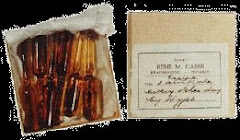
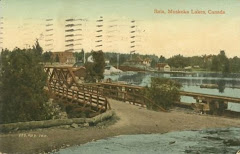.bmp)
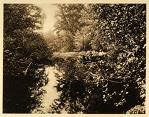.bmp)
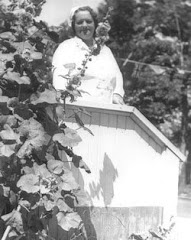.bmp)



.bmp)
.bmp)

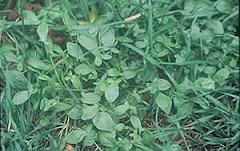
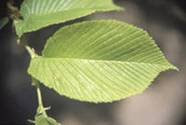
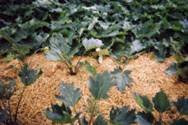
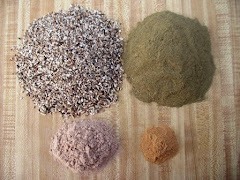.bmp)
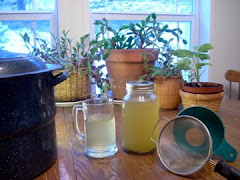.bmp)
.bmp)
.bmp)
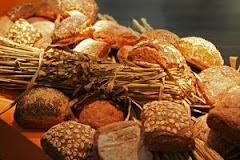.bmp)
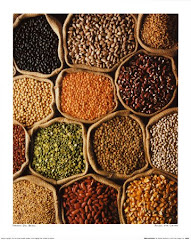.bmp)


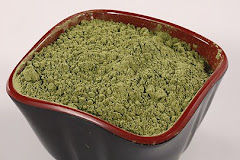.bmp)
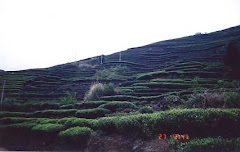.bmp)
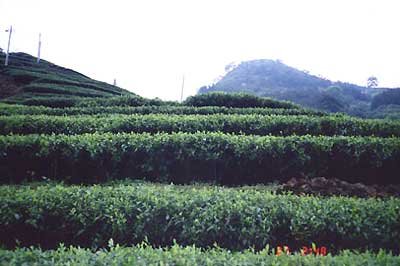.bmp)
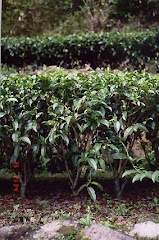.bmp)
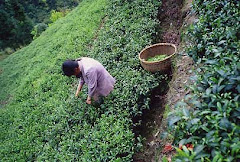.bmp)
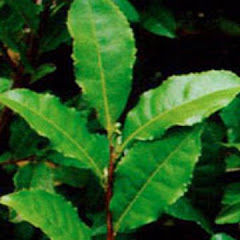.bmp)
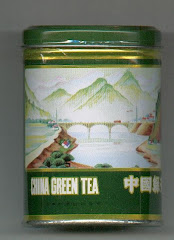.bmp)
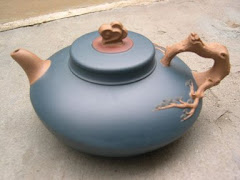.bmp)
.bmp)
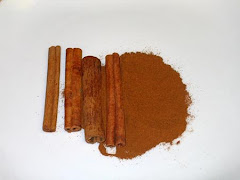.bmp)
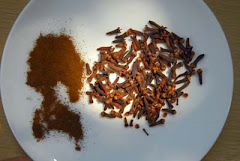.bmp)
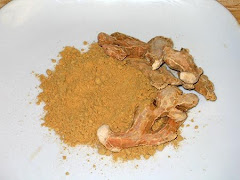.bmp)
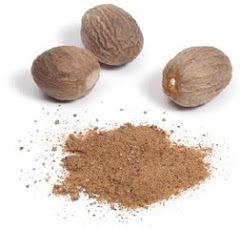.bmp)
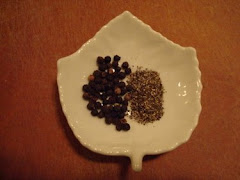.bmp)
.bmp)
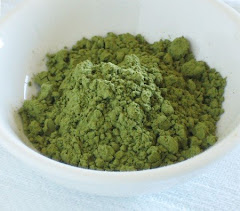.bmp)
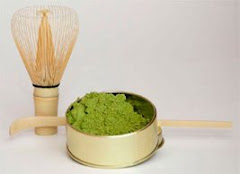.bmp)
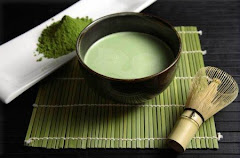.bmp)
.bmp)




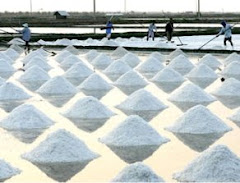.bmp)
.bmp)
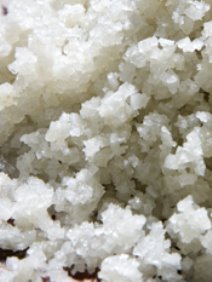.bmp)



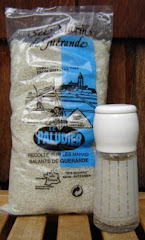.bmp)
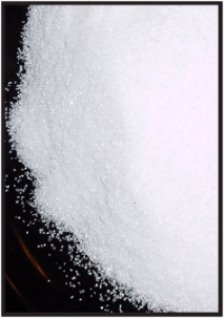.bmp)
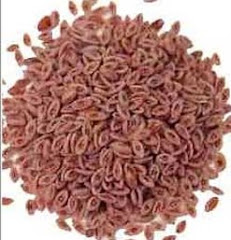.bmp)
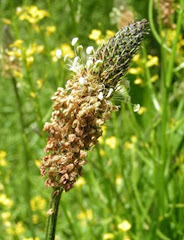.bmp)
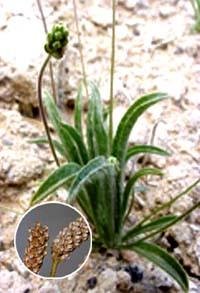.bmp)
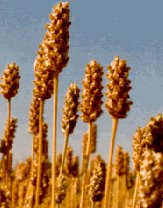.bmp)
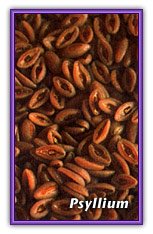.bmp)
.bmp)
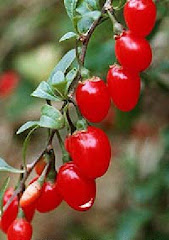.bmp)
.bmp)
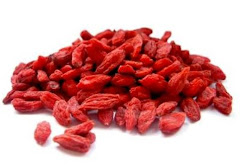.bmp)
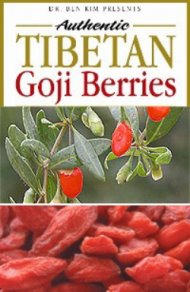.bmp)
.png)
.bmp)
.bmp)
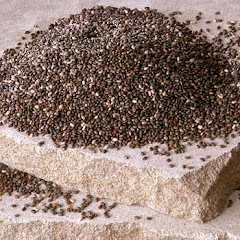.bmp)
.bmp)
.bmp)
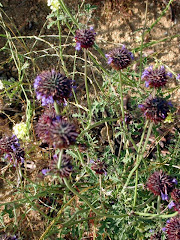.bmp)
.bmp)







.bmp)
.bmp)
.bmp)
No comments:
Post a Comment